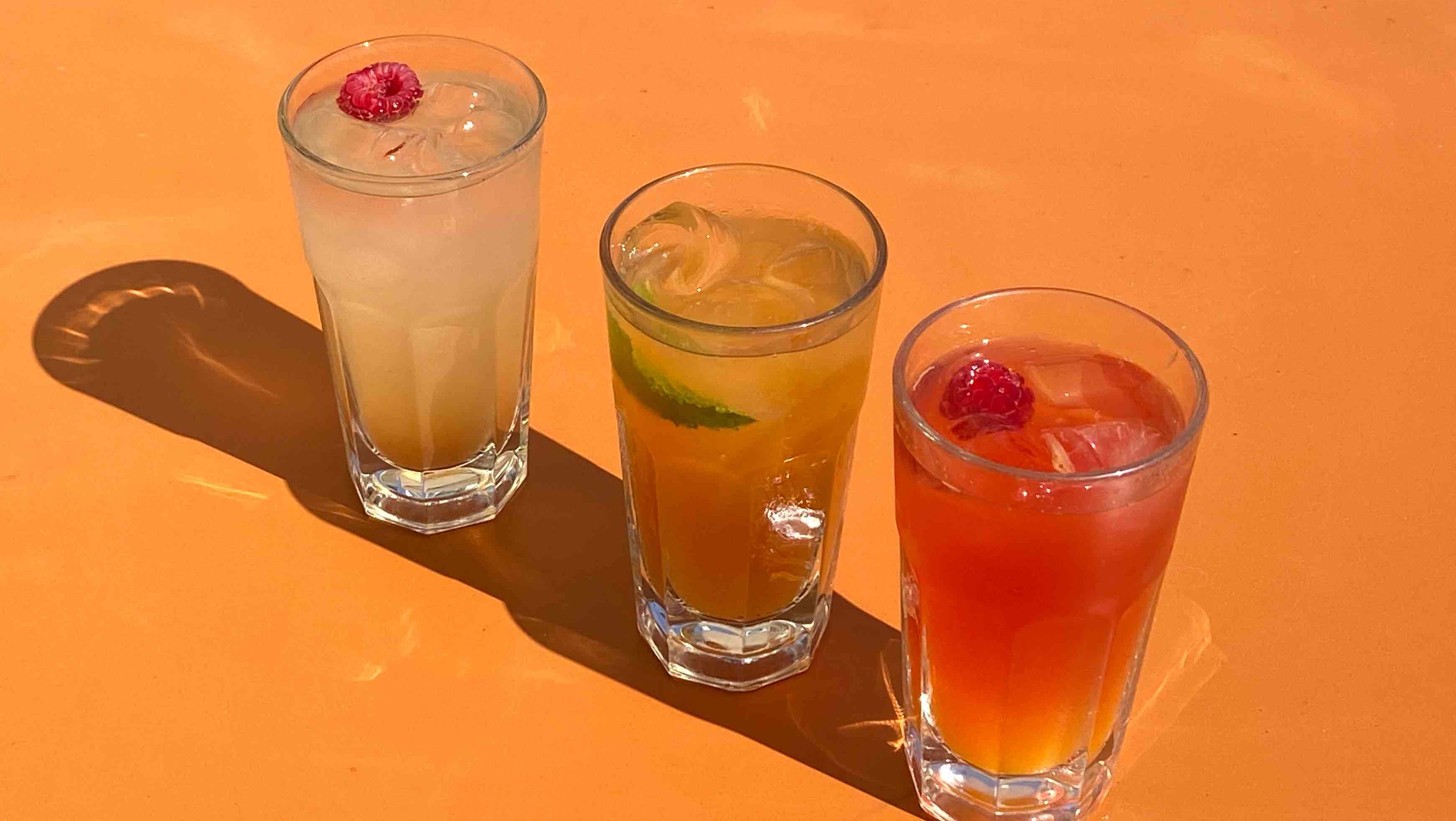The Portuguese Association of Non-Alcoholic Soft Drinks (Probeb) expressed this Tuesday “Total surprise” with the 10% increase in the Special Consumption Tax (IEC)demanding its “reevaluation and extinction” given the negative impact on the sector.
This way of taxing without debate or prior notice places, once again, the non-alcoholic soft drinks sector in unpredictability in the management of its business, with a negative impact on an economic and financial level,” the association maintains in a statement. , in a reaction to the measures provided for in the draft State Budget for 2024 (OE2024).
Stating that he received “with total surprise” the 10% increase in the IEC, Probeb recalls that “since 2017 this sector has been penalized” with what he considers “a discriminatory and disproportionate tax with respect to other products” and that affected “the competitiveness of companies and their economic performance on a large scale.”
Behind the association’s criticism is also the fact that the OE2024 proposal provides for a reduction in VAT in restaurants for drinks that exclude soft drinks.
Therefore, a reevaluation and extinction of this tax is urgent, as well as the reversal of some measures provided for in the General State Budget proposal for 2024,” he maintains.
According to Probeb, the industry “was able to adapt and committed to reducing the sugar content in the non-alcoholic soft drink category”, establishing the self-regulation model with product reformulation objectives, “as has been demonstrated on several occasions, sufficient to guarantee compliance with sugar reduction objectives.”
In four years, the set of products covered by the food reformulation commitments reduced their sugar content by 14.2%,” he emphasizes, detailing that “the ‘soft drinks’ category was the one that showed the greatest decrease, with a Reduction of 20.8% sugar per 100 ml. [mililitros] of product, 10.8% above the defined objective.”
According to the association, “by affecting all product categories, even those with low or no sugar content, the tax does not encourage continued investment in product innovation or the reformulation of existing products.”
For this reason, he complains, the first distinction that must be made is between “sugar-sweetened beverages” and “refreshing non-alcoholic beverages without caloric content”, that is, without sugars present.
“How can the Government consider a special tax on sugar products when many of them do not actually contain sugar?” he asks.
The draft State Budget for 2024, delivered last Tuesday to the Assembly of the Republic, determines that the tax rates on non-alcoholic beverages with added sugar or sweeteners, except fruit juices and nectars and those based on milk, soy or rice, among others, suffers a penalty of around 10% at different levels.
Under the terms of the proposal, sweeter drinks, with a sugar content equal to or greater than 80 grams per liter, will be subject to an increase of 2.11 euros per hectoliter (hl), which represents a tax of 23. 18 euros/hl.
In the lower section, for drinks with a sugar content greater than or equal to 50 grams per liter and less than 80 grams, the increase is 84 cents, up to 9.26 euros per hectoliter, while in the upper or equal section At 25 grams of sugar per liter the increase is 63 cents per hectoliter, up to 6.95 euros/hl.
In the range of drinks with less sugar, below 25 grams of sugar per liter, the increase proposed for 2024 is 11 cents, up to 1.6 euros per hectoliter.
In liquid and powder concentrates, increases are also around 10% in all four categories.
The OE2024 proposal will be debated and voted on in general on October 30 and 31. The final global vote is scheduled for November 29.
Source: Observadora
